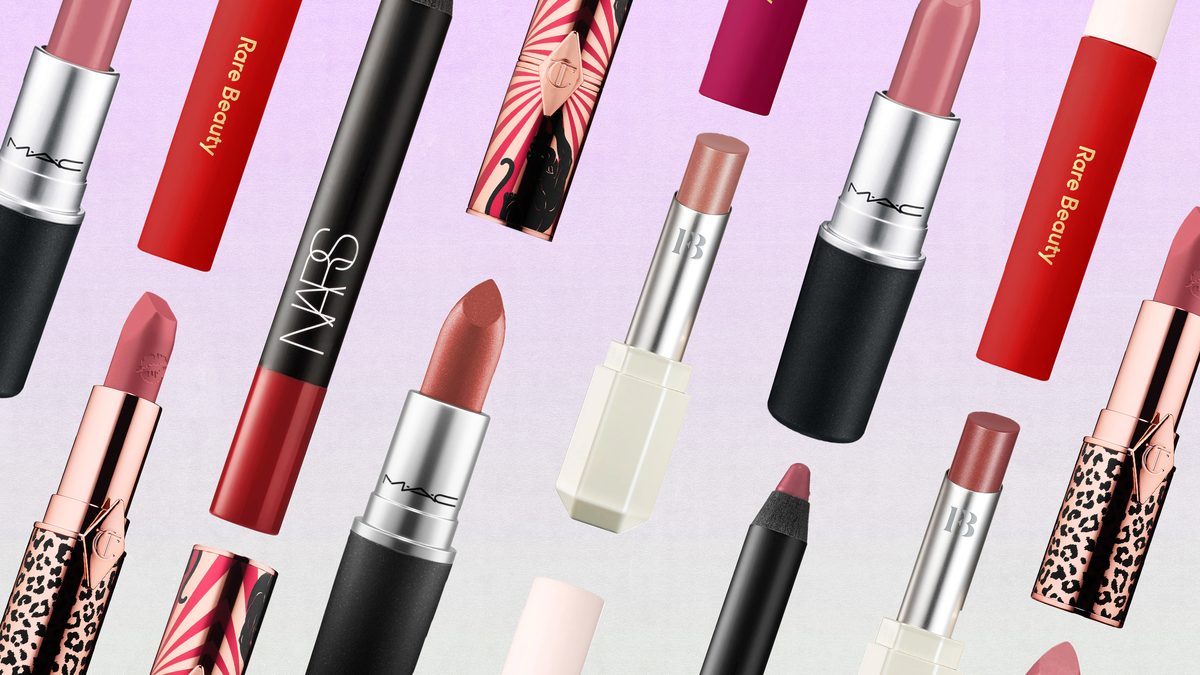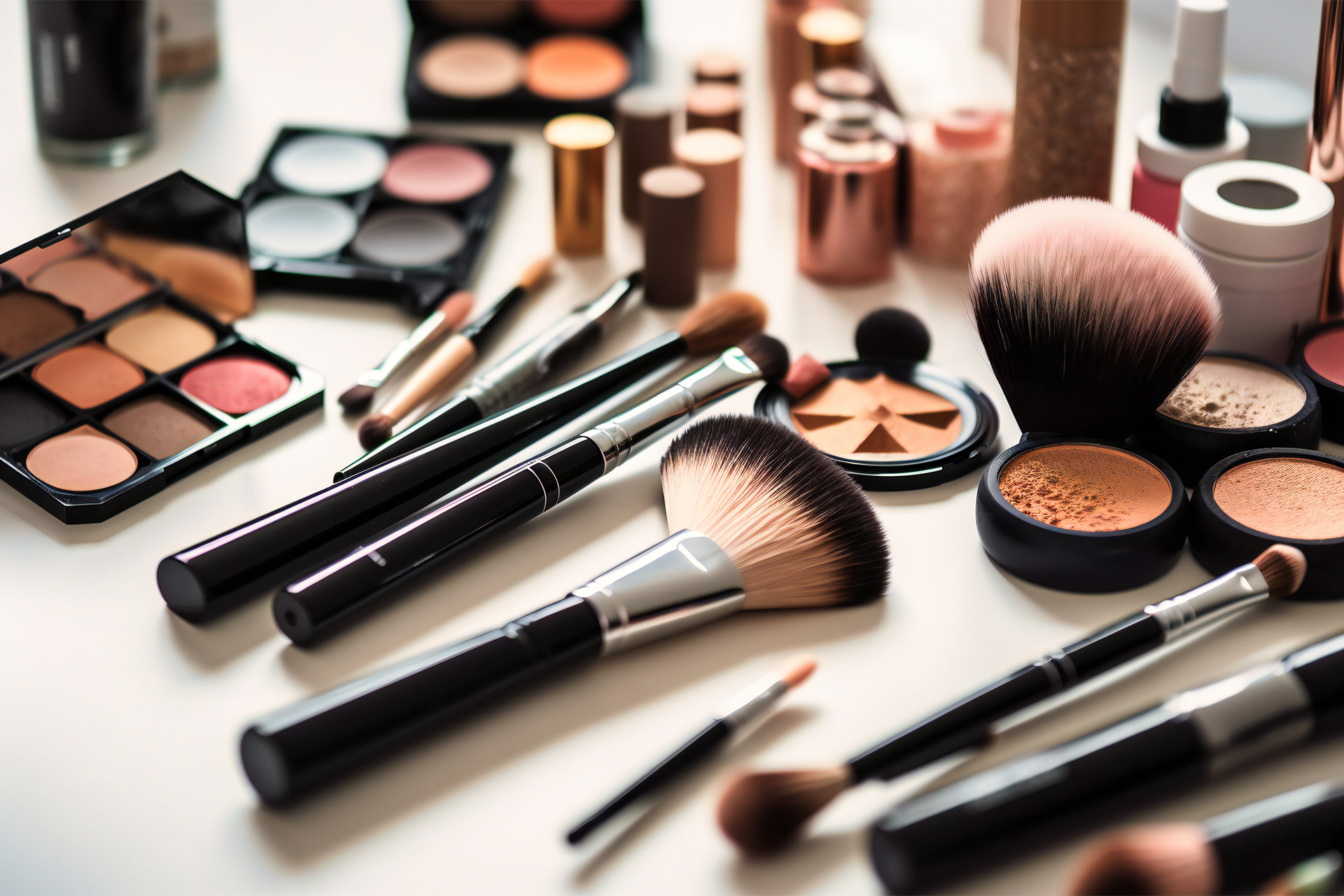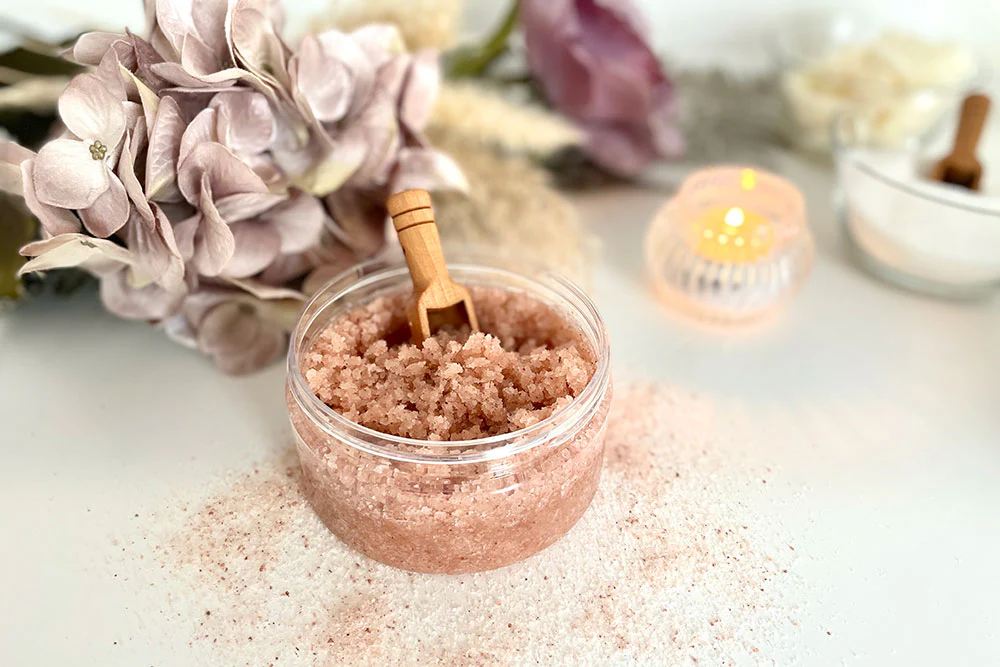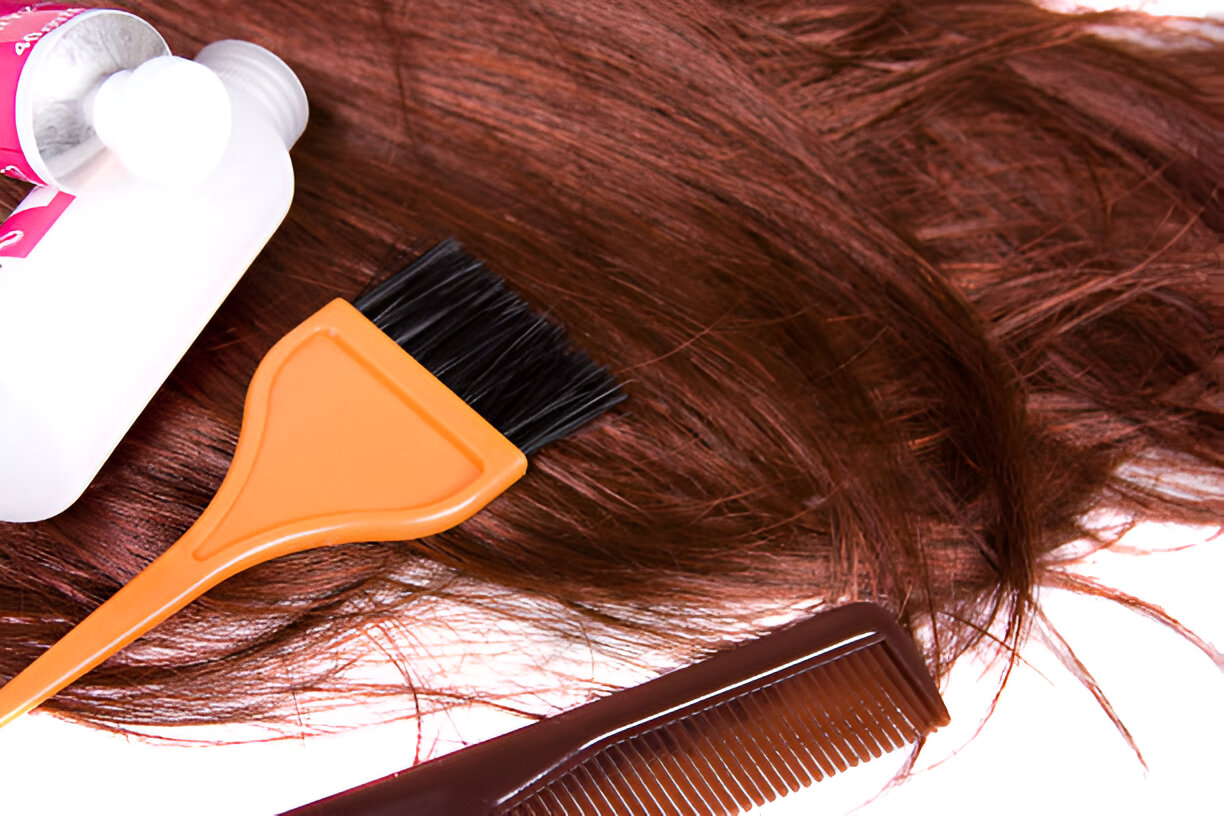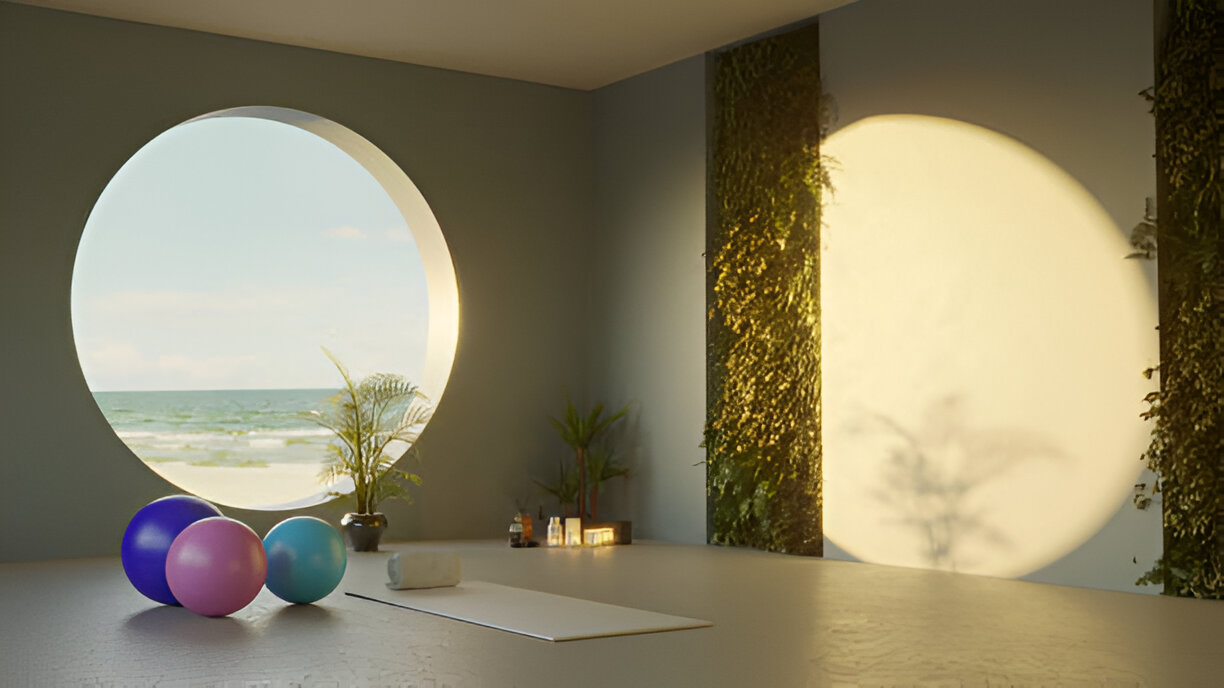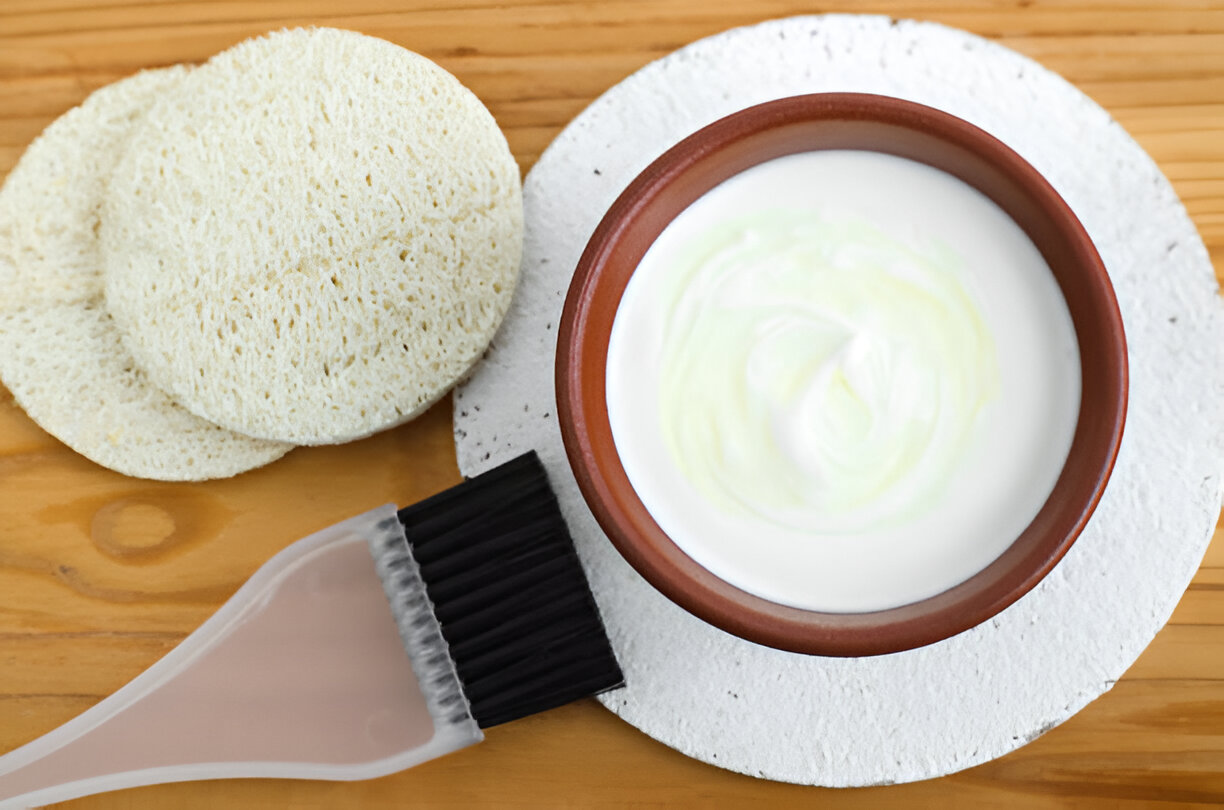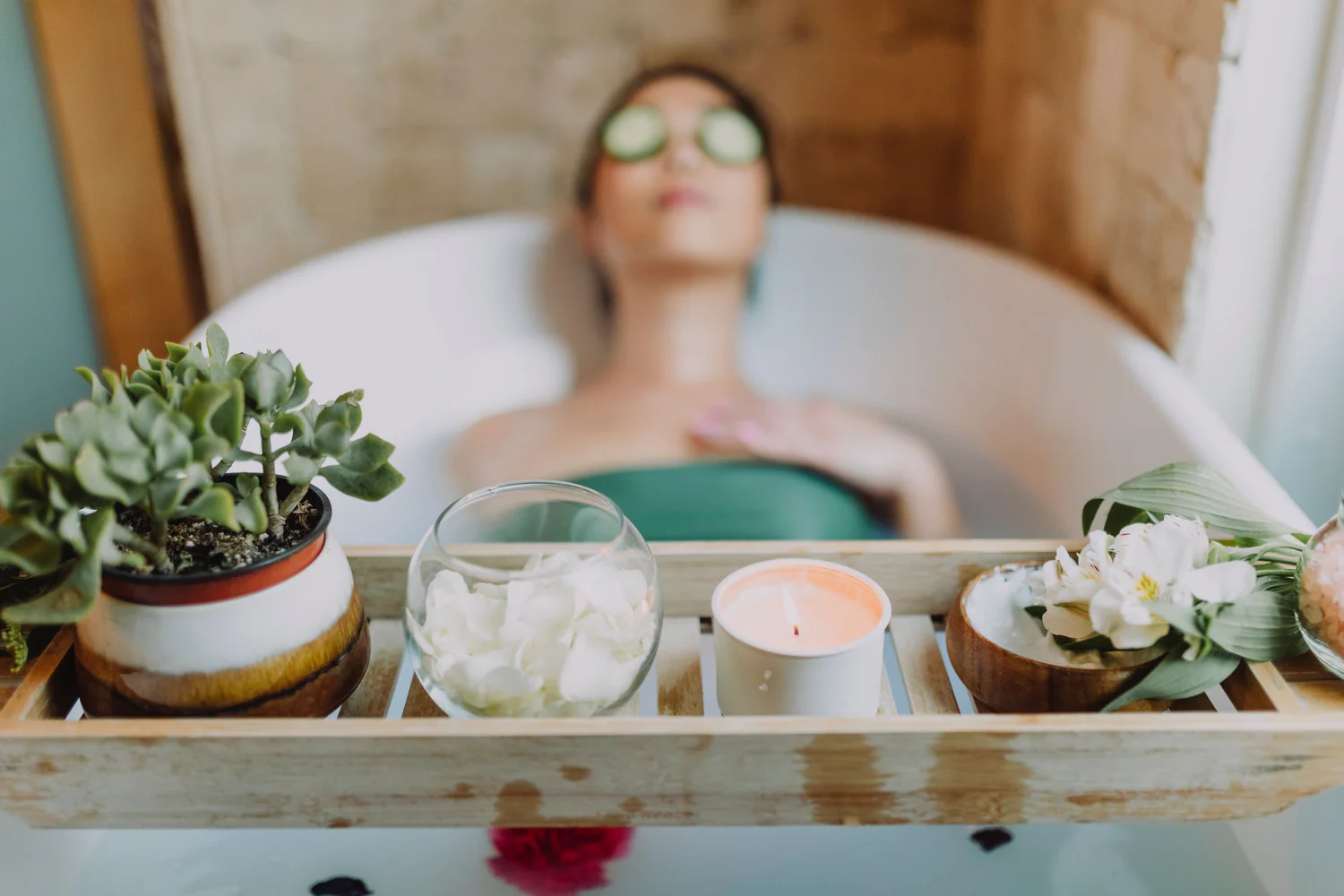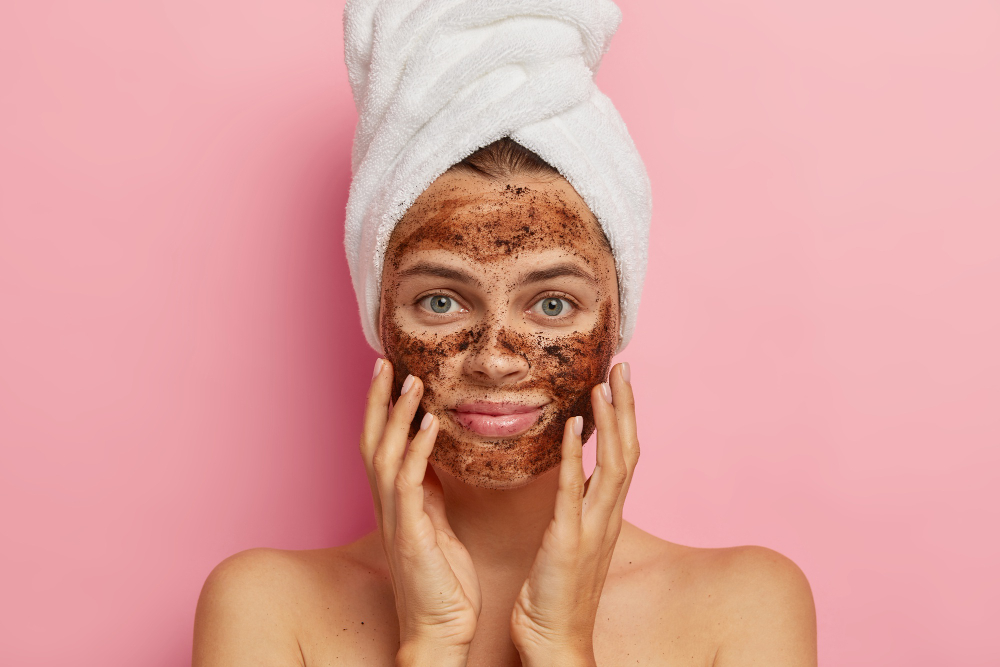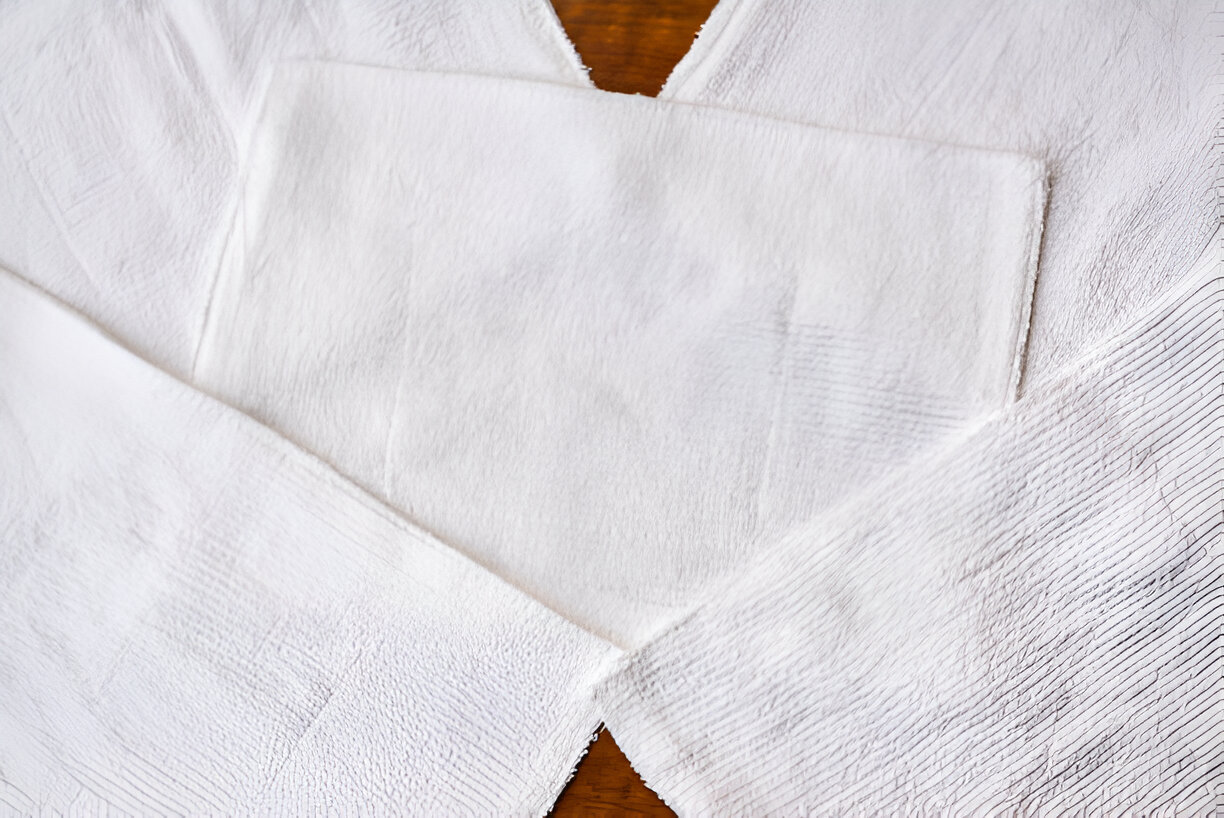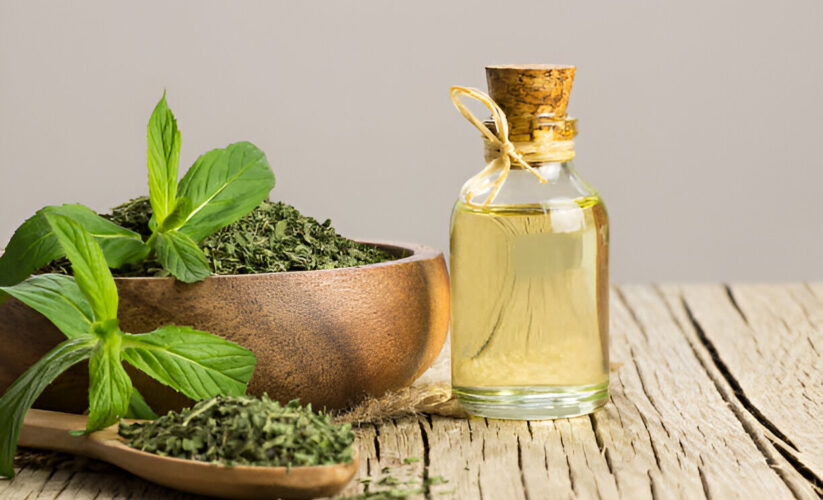
Pure perfume, also known as parfum or extrait de parfum, is the most concentrated and potent form of fragrance. It contains a higher percentage of fragrance oils compared to other types like eau de parfum (EDP) or eau de toilette (EDT). Typically, pure perfume has 20-30% fragrance oil, making it longer-lasting and richer in scent. Unlike lighter formulations, pure perfumes linger on the skin for hours, offering a more luxurious and intense fragrance experience.
The History of Pure Perfumes

Perfume has been a part of human culture for thousands of years, dating back to ancient civilizations like Egypt, Mesopotamia, and Rome. Perfume was used in religious ceremonies, as well as for personal adornment. In its early stages, perfume was made using natural resins, oils, and flowers.
Over time, the evolution of perfume-making techniques advanced, introducing more sophisticated methods of extraction and distillation. Modern perfumery blends the art of ancient practices with cutting-edge technology. Today’s pure perfumes still reflect these historical influences but offer more refined, complex scents thanks to modern innovations.
How to Choose the Right Pure Perfume for You

Choosing the right pure perfume is a personal experience, as it should reflect your personality and preferences. One of the key factors in selecting a perfume is understanding fragrance notes:
- Top notes: The initial scent you experience after applying the perfume, often fresh or citrusy.
- Middle notes: The heart of the fragrance, which may include floral or spicy tones.
- Base notes: The long-lasting scent that lingers, usually woody, musky, or sweet.
To find your ideal perfume, match your personality with fragrance families:
- Floral: Feminine, romantic scents.
- Oriental: Warm, spicy, exotic tones.
- Woody: Earthy, natural fragrances.
- Fresh: Clean, vibrant notes like citrus and herbs.
Tips for selecting the right scent:
- Test perfumes on your skin, not paper strips.
- Give the scent time to develop over several hours.
- Start with smaller samples before committing to a full bottle.
Why Pure Perfumes Last Longer

The reason pure perfumes last longer lies in their high concentration of fragrance oils, which typically range from 20-30%. This makes them more potent than lighter alternatives like EDPs and EDTs, which contain a lower percentage of oils diluted with alcohol or water.
To maximize staying power, apply perfume after moisturizing and avoid rubbing your wrists together, as this can break down the scent.
The Bottom Line
Pure perfumes offer a luxurious and long-lasting fragrance experience that can elevate your beauty routine. With a deeper understanding of how to select, apply, and store these rich scents, you’ll enjoy the benefits of pure perfumes for years to come. Whether you're splurging on a designer brand or trying out a more affordable option, there's a pure perfume out there for every fragrance lover. Ready to make your mark with a signature scent? Start exploring the world of pure perfumes today!







